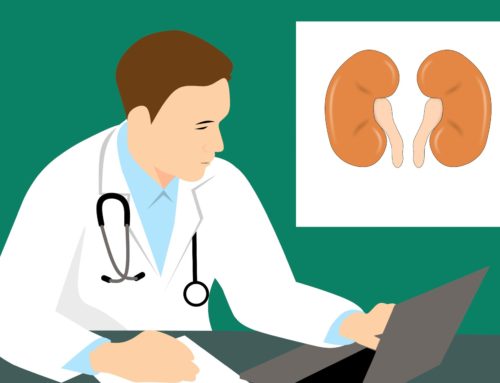What is home health care?
Home health care is a wide range of health care services that can be given in your home for an illness or injury. Home health care is usually less expensive, more convenient, and just as effective as care you get in a hospital or skilled nursing facility (SNF).
Examples of skilled home health services include:
- Wound care for pressure sores or a surgical wound
- Patient and caregiver education
- Intravenous or nutrition therapy
- Injections
- Monitoring serious illness and unstable health status
The goal of home health care is to treat an illness or injury. Home health care helps you get better, regain your independence, and become as self-sufficient as possible.
What should I expect?
- Doctor’s orders are needed to start care. Once your doctor refers you for home health services, the home health agency will schedule an appointment and come to your home to talk to you about your needs and ask you some questions about your health.
- The home health agency staff will also talk to your doctor about your care and keep your doctor updated about your progress.
- It’s important that home health staff see you as often as the doctor ordered.
Examples of what the home health staff should do:
- Check what you’re eating and drinking.
- Check your blood pressure, temperature, heart rate, and breathing.
- Check that you’re taking your prescription and other drugs and any treatments correctly.
- Ask if you’re having pain.
- Check your safety in the home.
- Teach you about your care so you can take care of yourself.
- Coordinate your care. This means they must communicate regularly with you, your doctor, and anyone else who gives you care.
Medicare covers 100% of the costs of these services…
If you qualify for the home health benefit, Medicare covers the following types of care:
- Skilled nursing services and home health services provided up to seven days a week for no more than eight hours per day and 28 hours per week (Medicare can cover up to 35 hours in unusual cases).
- Medicare pays in full for skilled nursing care, which includes services and care that can only be performed safely and effectively by a licensed nurse. Injections (and teaching patients to self-inject), tube feedings, catheter changes, observation and assessment of a patient’s condition, management and evaluation of a patient’s care plan, and wound care are examples of skilled nursing care that Medicare may cover.
- Medicare pays in full for a home health aide if you require skilled services. A home health aide provides personal care services including help with bathing, using the toilet, and dressing. If you ONLY require personal care, you do NOT qualify for the Medicare home care benefit.
- Skilled therapy services. Physical, speech and occupational therapy services that can only be performed safely by or under the supervision of a licensed therapist, and that are reasonable and necessary for treating your illness or injury. Physical therapy includes gait training and supervision of and training for exercises to regain movement and strength to a body area. Speech-language pathology services include exercises to regain and strengthen speech and language skills. Occupational therapy* helps you regain the ability to do usual daily activities by yourself, such as eating and putting on clothes. Medicare should pay for therapy services to maintain your condition and prevent you from getting worse as long as these services require the skill or supervision of a licensed therapist, regardless of your potential to improve.
- Medical social services. Medicare pays in full for services ordered by your doctor to help you with social and emotional concerns you have related to your illness. This might include counseling or help finding resources in your community.
- Medical supplies. Medicare pays in full for certain medical supplies provided by the Medicare-certified home health agency, such as wound dressings and catheters needed for your care.
- Durable medical equipment. Medicare pays 80% of its approved amount for certain pieces of medical equipment, such as a wheelchair or walker. You pay 20% coinsurance (plus up to 15% more if your home health agency does not accept “assignment”—accept the Medicare-approved amount for a service as payment in full).
*If you only need occupational therapy, you will not qualify for the Medicare home health benefit. However, if you qualify for Medicare coverage of home health care on another basis, you can also get occupational therapy. When your other needs for Medicare home health end, you should still be able to get occupational therapy under the Medicare home health benefit if you still need it.


